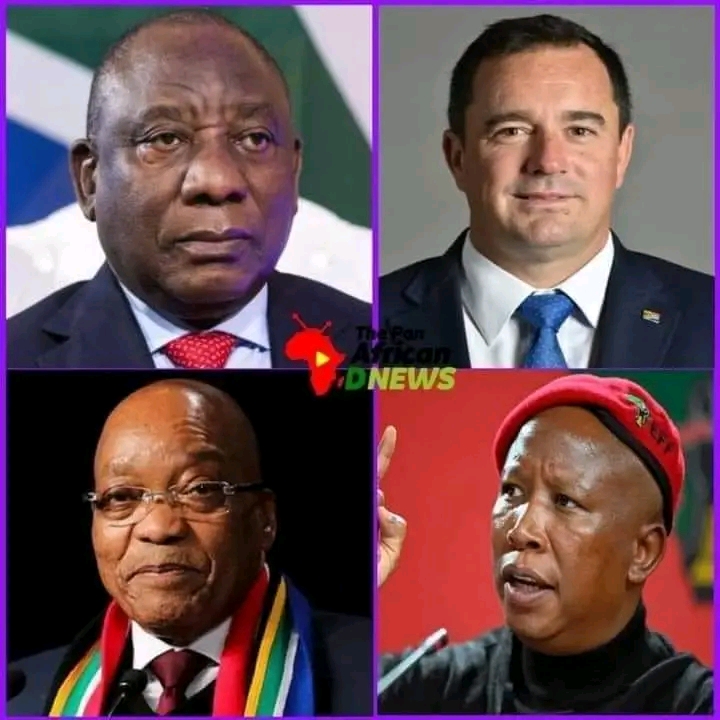By Ollus Ndomu
South Africa’s ruling African National Congress (ANC) is set to enter coalition negotiations after suffering its worst electoral performance in 30 years, forcing it to share power for the first time since the end of apartheid.
Midrand, June 3, 2024 – South Africa’s Independent Electoral Commission (IEC) has declared the country’s national and provincial elections as free and fair. The announcement came earlier last evening at a ceremony at the National Results Centre in Gallagher Estate, Midrand, where the ANC was officially declared the winner of the elections, despite failing to secure an outright majority.
President Cyril Ramaphosa’s ANC garnered 40% of the national vote, a significant drop from 58% in the previous election, and lower than the party’s worst-case scenario of 45%. This unprecedented result marks a 17 percentage point decline and forces the ANC into coalition talks to form a government.
The Democratic Alliance (DA) came in second with 21.79% of the vote, while the newly formed uMkhonto weSizwe (MK) party, led by former President Jacob Zuma, surprised many by securing 14.59%. Julius Malema’s Economic Freedom Fighters (EFF) managed 9.51% nationally, relegating it to fourth place.
Election Outcome and Implications
The ANC’s substantial loss reflects a changing political landscape in South Africa, where the party has dominated since the first democratic elections in 1994. The need for coalition partners marks a historic shift, compelling the ANC to share power to maintain governance.
“The ANC is left with no option but to share power after this election blow,” said Thuso Khumalo, DW Africa’s reporter while reporting live from Gallagher Estate. The drop to 40% of the vote has intensified pressure on President Ramaphosa and the party leadership.
Coalition Prospects
As the parties prepare for coalition talks, the political dynamics are poised for significant change. The ANC’s preferred partners are yet to be confirmed, but Julius Malema has already indicated the EFF’s openness to negotiations, particularly with the ANC. “We are open to negotiations, with our preferred coalition partner being the ANC,” Malema stated at a recent press briefing.
The MK party’s strong performance, particularly in Zuma’s home region of KwaZulu-Natal, has added another layer of complexity to the coalition negotiations. The DA, while securing the second-largest share of the vote, has historically been an opposition party and its involvement in coalition talks remains uncertain.
Next Steps
With the final vote count almost complete, the focus now shifts to forming a viable coalition government. The new parliament will be sworn in two weeks from now, after which it will elect the country’s president.


